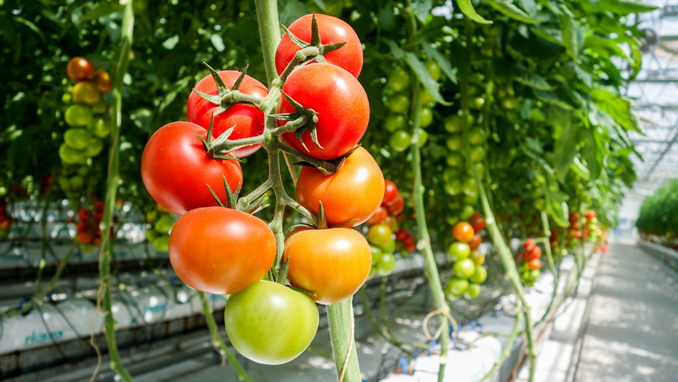A positive effect from Moscow’s embargo on food imports from the West is reported by nearly one in two Russian businessmen, as their enterprises benefit from edging out Western rivals, Izvestia writes citing research by Business Russia.
The study reveals that 40% of entrepreneurs see only advantages from the exit of foreign producers from Russia’s market, while the other 60% have described the counter sanctions as negative. Some 2,000 businesspersons in the trade sector were questioned, 30% of whom are doing business in one or two neighboring regions, while only 2% operate across Russia.
Since the restrictive measures were introduced in 2014, many Russian businesses working in agriculture and food industry, biotechnologies and pharmaceuticals, have found their niche on the market. They improved the quality of their goods, making them even better than imports, the head of Business Russia Alexei Repik told the paper, noting however that the sanctions are a counterproductive tool for changing the business climate and its path of development.
According to entrepreneurs, the key obstacles for fostering business in Russia are red tape, lack of workforce, raids by security forces and poor development of city infrastructure, as well as constantly changing legislation.
Almost half of the representatives from small and mid-sized businesses have turned the situation with Russia’s countersanctions to their advantage, said Georgy Ostapkovich, director of the Center for Business Tendencies Studies at the Higher School of Economics. According to him, Western sanctions have not had a great impact on Russia’s economy, with the GDP dropping only 0.6%-0.8%.
Five years on since the food embargo was introduced, Russia’s economy is not showing any significant growth, and this confirms the negative impact of those countersanctions, Head of the FBK Grant Thornton Strategic Analysis Institute Igor Nikolaev told the paper. Given this, the domestic economy is teetering between recession and stagnation. According to the expert, the effect from Russia’s import replacement measures has been minuscule. The lack of rivalry on the market has not encouraged Russian producers to improve the quality of goods, he also noted.












